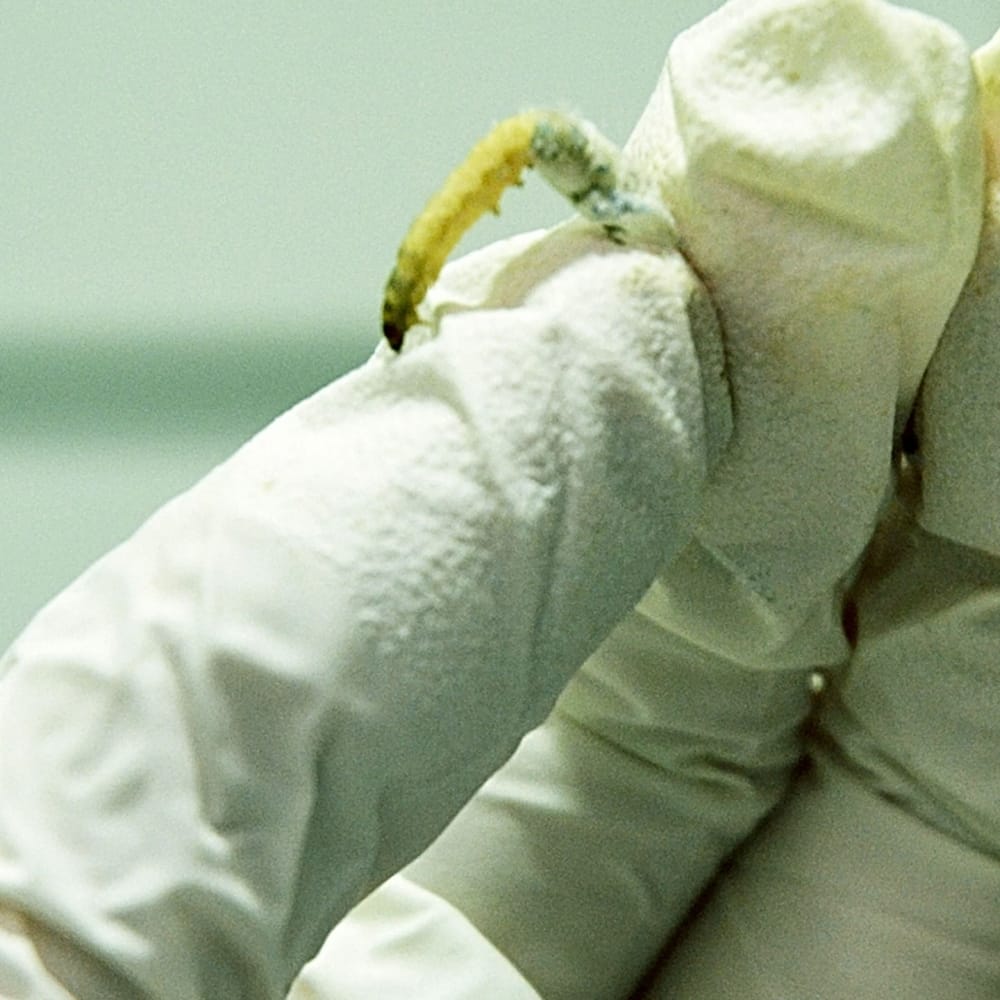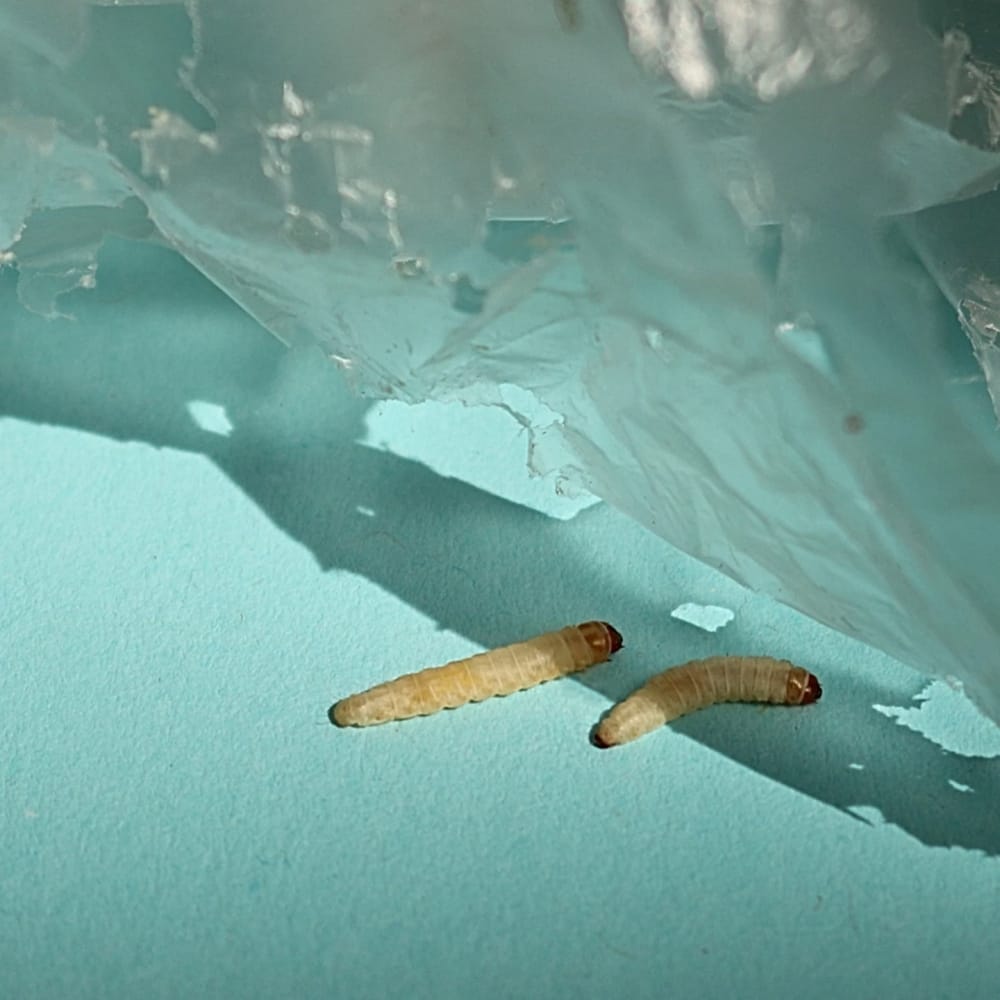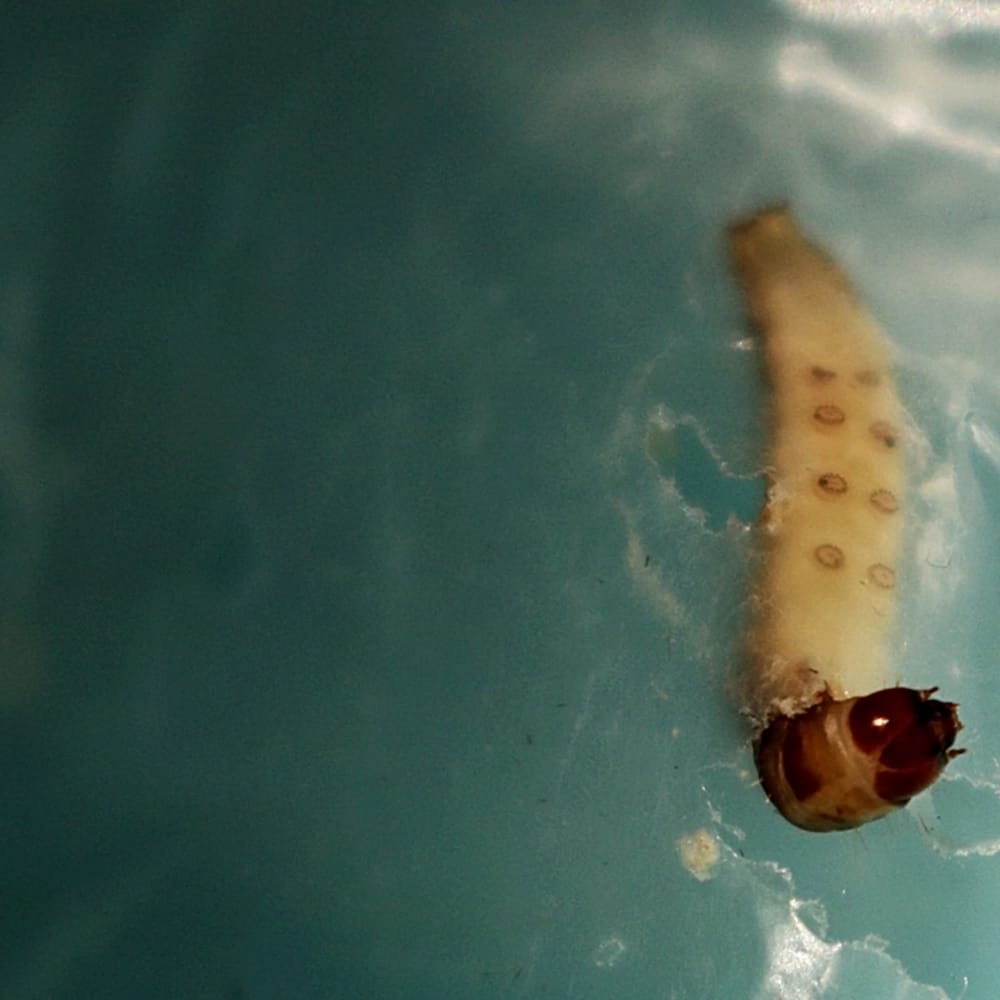Friendly Worms Breaking Down Plastic Naturally
Nature Recycling the World’s Most Used Plastics
beworm is engaged in crafting a recycling method aimed at breaking down plastic waste into its raw components. By extracting plastic-degrading bacteria from their bee worms, they are focusing on breaking down polyethylene (PE), the most widely utilized plastic. The enzymes generated by these bacteria hold the promise of breaking plastics into fundamental chemicals, which can then be employed in the manufacturing of fresh plastics or other petrochemical goods, establishing an everlasting, closed-loop system.
The process itself is a biocatalytic reaction caused by enzymes found in the beeworms. As the process is scaled up, it would be performed in a bioreactor containing the bioagent enzymes. It could be implemented in the current system, in addition to mechanical recycling – and substitute the less sustainable processes, like burning.
Although beworm is currently studying beeworms, they are exploring other sources that also have bacterias with plastic degrading capabilities. Their primary objective is to determine the most effective bioagents for the process of polyethylene degradation through experimentation with various organisms, bacteria, and enzymes.
Their research is conducted at the Technical University of Munich, within their hosting chair and the TUM Venture Labs.
Product Name: beworm
Manufacturer: beworm
Project Status: Concept // Prototype // Market Ready // Series Production Ready
Source: beworm
Image source: beworm


